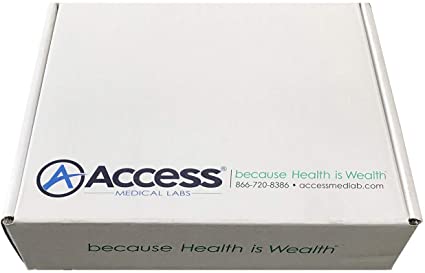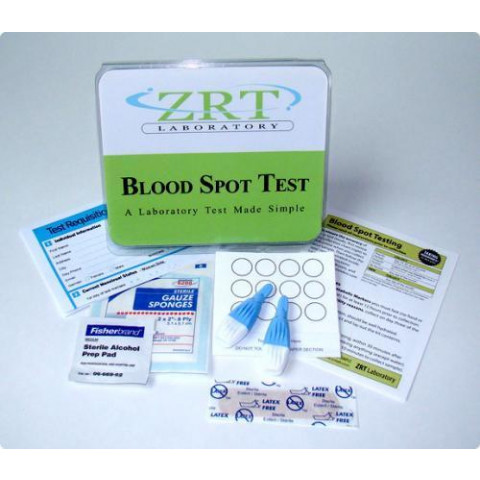Metabolic Panel:*
• Glucose – Energy source for the body; a steady supply must be available for use, and a relatively constant lev-el of glucose must be maintained in the blood.
• Calcium – One of the most important minerals in the body; essential for the proper functioning of muscles, nerves, and the heart and is required in blood clotting and in the formation of bones
• Proteins – Albumin, a small protein produced in the liver; the major protein in serum and total protein, measures albumin as well as all other proteins in se-rum
• Electrolytes – Sodium – Vital to normal body processes, including nerve and muscle function & Potassium – Vi-tal to cell metabolism and muscle function & CO2 (car-bon dioxide, bicarbonate) – Helps to maintain the body’s acid-base balance (pH) & Chloride – Helps to regulate the amount of fluid in the body and maintain the acid-base balance
Kidney Tests
• BUN (blood urea nitrogen) – Waste product filtered out of the blood by the kidneys; conditions that affect the kidney have the potential to affect the amount of urea in the blood.
• Creatinine – Waste product produced in the muscles; filtered out of the blood by the kidneys so blood levels are a good indication of how well the kidneys are working
Liver Tests
• ALP (alkaline phosphatase) – Enzyme found in the liver and other tissues, bone; elevated levels of ALP in the blood are most commonly caused by liver disease or bone disorders.
• ALT (alanine amino transferase, also called SGPT) – En-zyme found mostly in the cells of the liver and kidney; a useful test for detecting liver damage
• AST (aspartate amino transferase, also called SGOT) – Enzyme found especially in cells in the heart and liver; also a useful test for detecting liver damage
• Bilirubin – Waste product produced by the liver as it breaks down and recycles aged red blood cells
Lipid- YES, TSH; T3 free;T4 free;Testosterone Free & Total; Estradiol; PSA, SHBG; IGF-1




